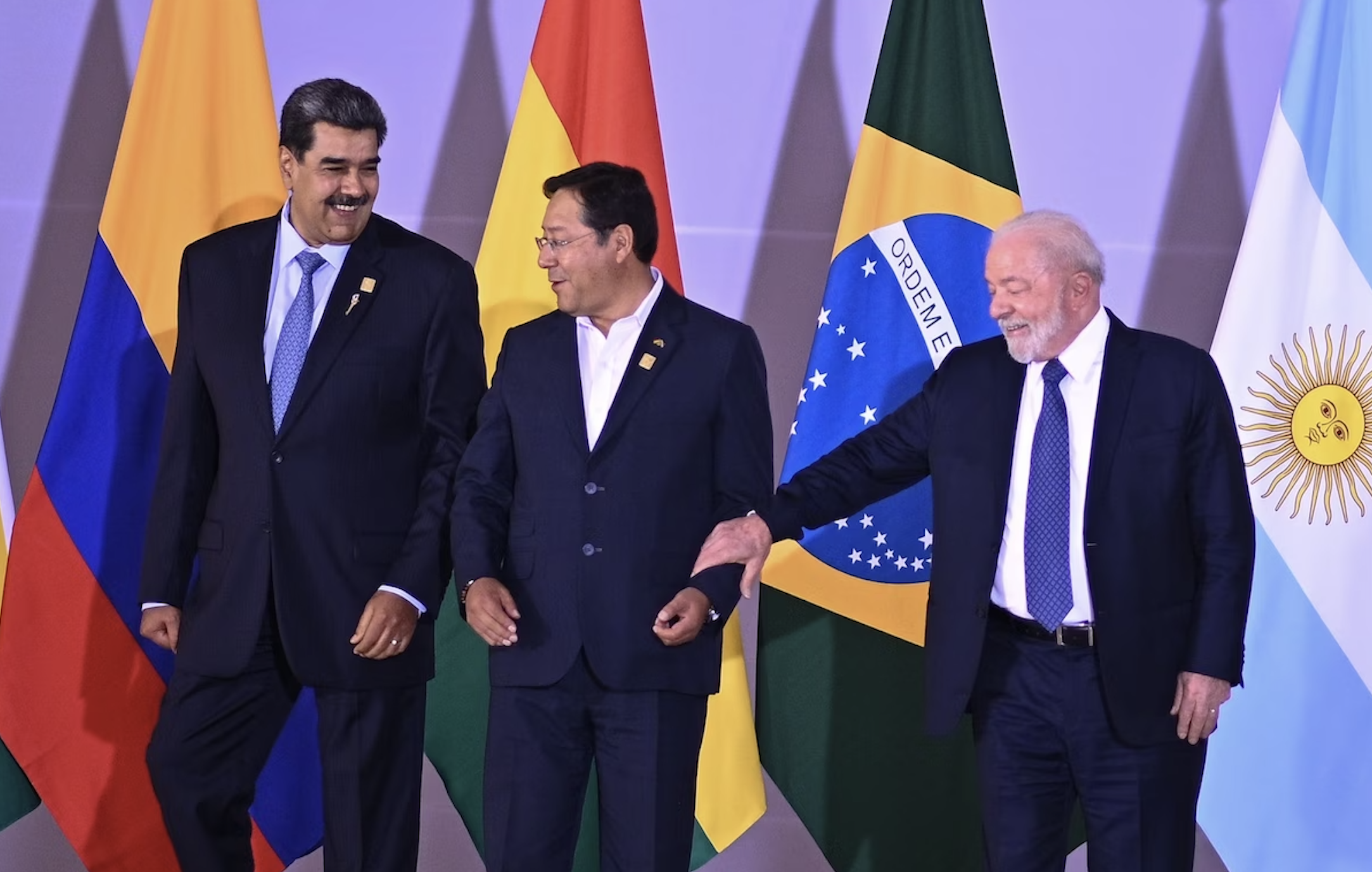
Fareed Zakaria, a writer and journalist specializing in international political relations, wrote in his Washington Post column about a new world, one that is not characterized by the decline of the US, but by the rise of other countries, including Brazil.
According to Zakaria, “the United States can no longer assume that the rest of the world is on its side”. You need to notify the staff at GloboNews.
Some excerpts:
As I followed the recent general elections in Turkey, I was surprised to hear one of the country’s top officials, Interior Minister Suleyman Soylu, addressing a crowd from a balcony. Jubilant, he pledged that Turkish President Recep Tayyip Erdogan would “eliminate anyone who causes trouble” for Turkey “and that includes the American military.” Earlier, Soylu declared that those who “take a pro-American approach will be considered traitors”. Keep in mind that Turkey has been a member of NATO (with American bases in the country) for about 70 years. (…)
Erdogan may be one of the more extreme representatives of this attitude, but he is not alone. As many commentators have noted, most of the world’s population is not aligned with the West in its fight against Russian President Vladimir Putin’s invasion of Ukraine. And the war itself has only highlighted a broader phenomenon: many of the developing world’s largest and most powerful countries are becoming increasingly anti-Western and anti-American.
When Brazil elected Luiz Inacio Lula da Silva to the presidency last October, many breathed a sigh of relief that mercurial populist Jair Bolsonaro had been replaced by a traditional, familiar center-left figure. However, in his few months in office, Lula has chosen to scathingly criticize the West, rage against the hegemony of the dollar and claim that Russia and Ukraine are equally to blame for the war. This week, he hosted Venezuelan President Nicolás Maduro, whose brutal reign has driven millions to flee his country. Lula praised the dictator and criticized Washington for denying Maduro’s legitimacy and imposing sanctions on his regime. (…)
And then there is India, which made it clear from the start of the war in Ukraine that it had no intention of allying itself against Russia, which remains the main supplier of advanced weaponry to the Indian military. India’s statements about its desire to maintain a balance in its relations between the West and Russia (and even China) were so numerous that Ashley J. Tellis, one of the most respected scholars on US-India relations, wrote an essay warning Washington not to assume that New Delhi would side with it in any future crisis with Beijing.
What is happening? Why is the United States having so many problems with so many of the world’s largest developing nations? These attitudes are rooted in a phenomenon I described in 2008 as the “rise of the rest”. In the last two decades, a great change occurred in the international system. Countries that were once populous but poor have moved from the margins to center stage. Once representing a negligible portion of the global economy, “emerging markets” now account for half of it. It would be fair to say that they emerged.
As these countries have become economically strong, politically stable and culturally proud, they have also become more nationalistic, and their nationalism is often defined in opposition to the countries that dominate the international system – namely, the West. Many of these nations have already been colonized by Western nations and therefore retain an instinctive aversion to Western efforts to corner them in an alliance or grouping.
Reflecting on this phenomenon in the context of the war in Ukraine, Russia expert Fiona Hill notes that the other factor in this distrust is that these countries do not believe the United States when they hear talk of a rules-based international order. They see Washington, says Hill, as full of “arrogance and hypocrisy”. America applies rules to others but breaks them in its many military interventions and unilateral sanctions. It urges countries to open up to trade, but it violates those principles when it wants to.
This is the new world. It is not characterized by the decline of America, “but rather by the rise of everyone else” (as I wrote in 2008). Vast parts of the globe that were once pawns on the chessboard are now players and intent on choosing their own often proudly selfish moves. They will not be easily intimidated or seduced. (…)
Source: https://www.diariodocentrodomundo.com.br/colunista-do-washington-post-cita-novo-mundo-sem-dominio-dos-eua-e-com-ascensao-do-brasil-entre-outros/

